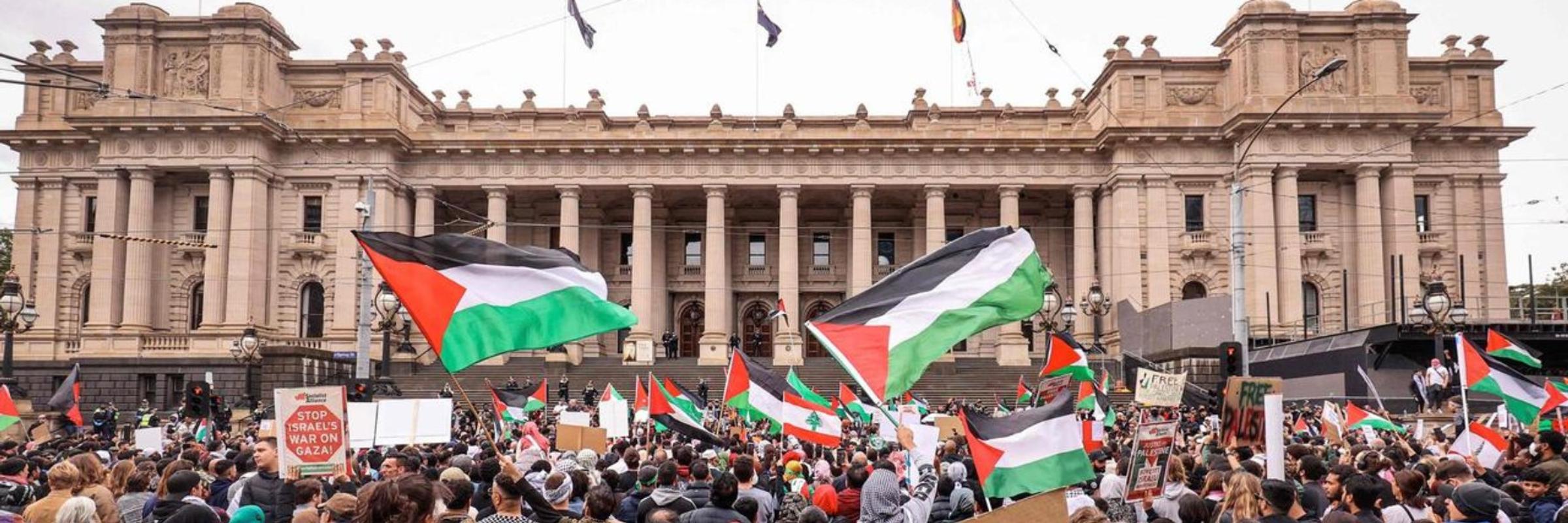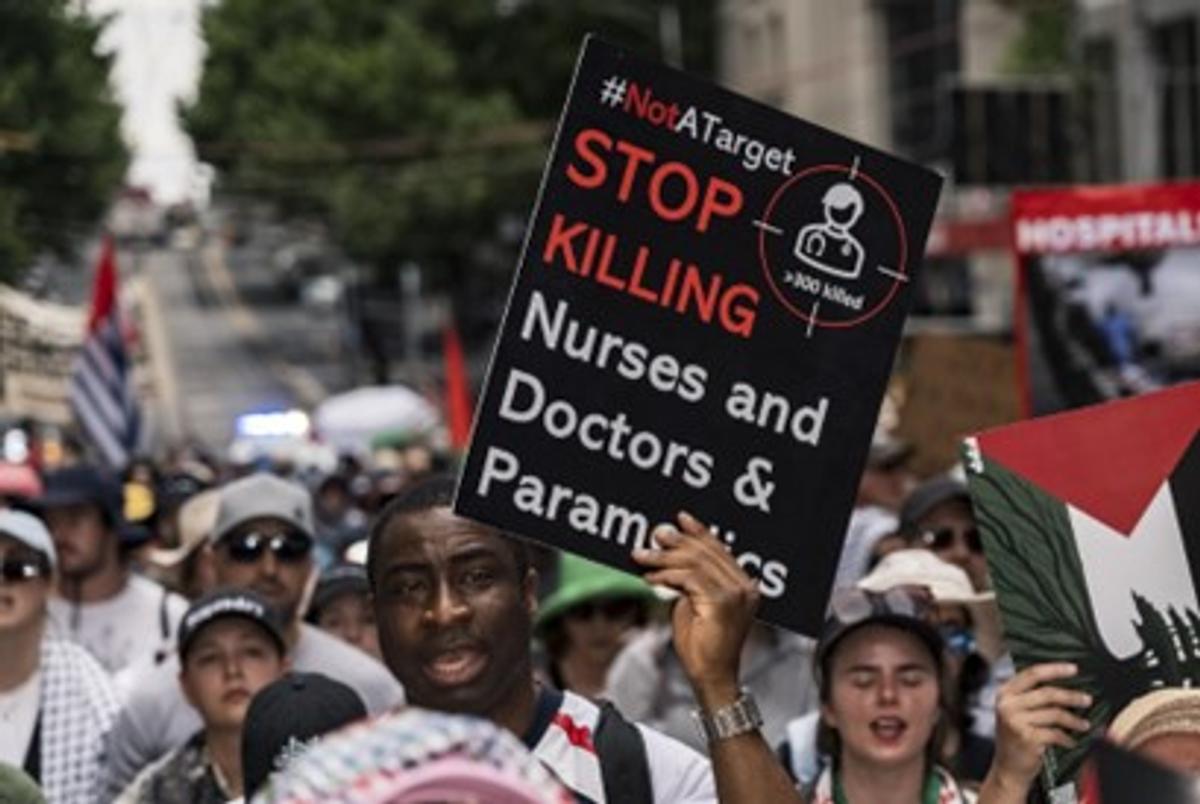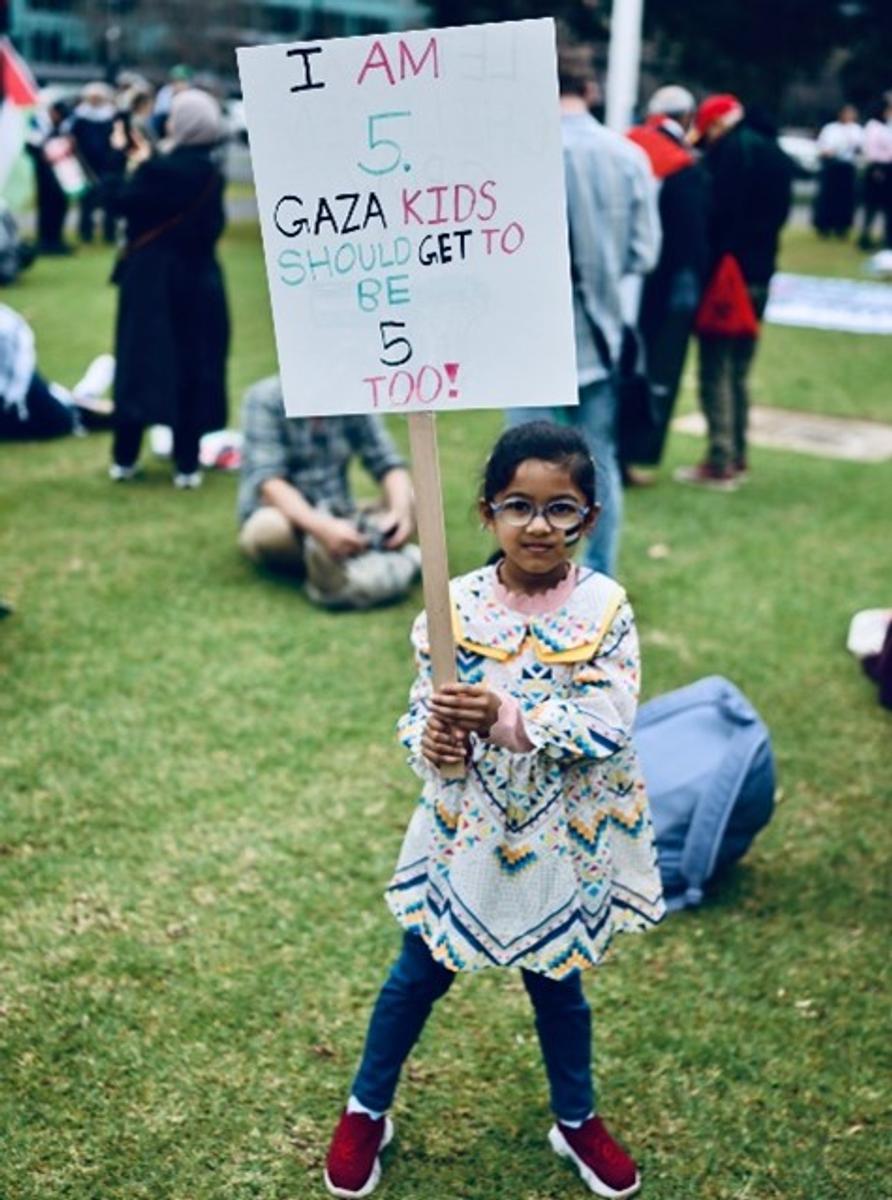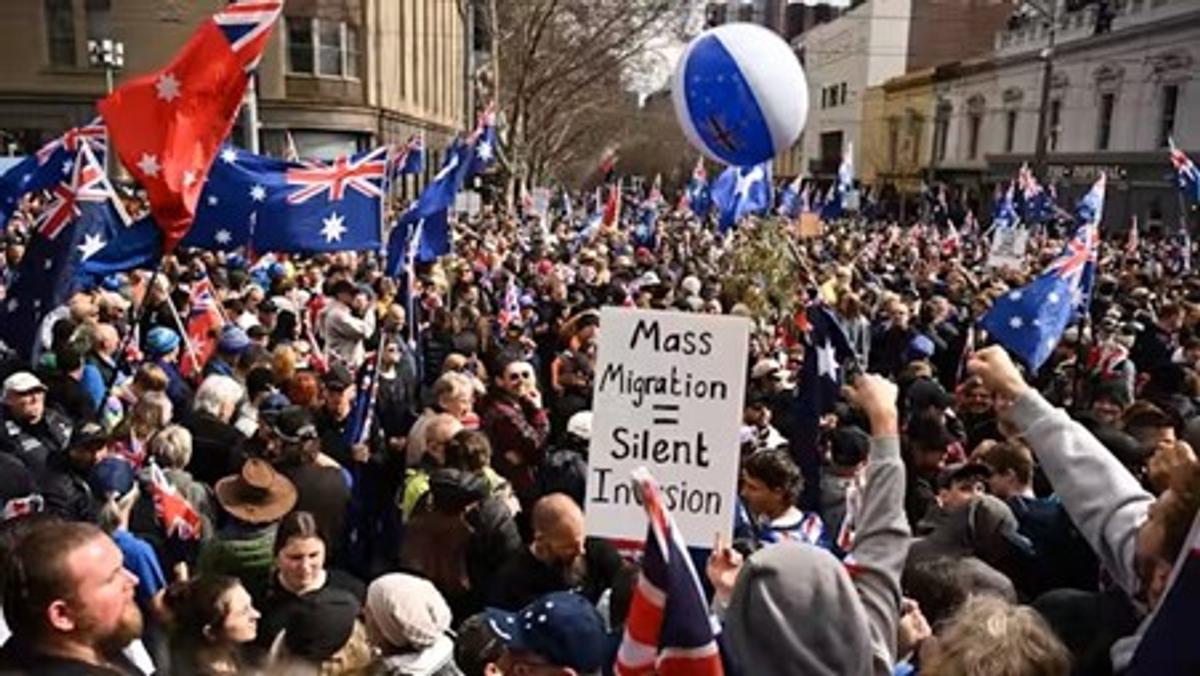Editorial

Australia recently witnessed the outpouring of strong opinions, with many thousands marching on our city streets over successive weekends. While a common denominator was how the ‘other’ should be treated, these events highlighted strong differences in views.
One protest was prompted by the war in Gaza. Over almost three years, this has caused the death of over 65,000 Palestinians and 2,000 Israelis, injuries to over 100,000 Palestinians, and famine throughout Gaza.
On 24 August, Australian added its voice to worldwide condemnation of this war. Echoing the plea of Pope Leo, marches across the country called on Israel to end the war. Sydney hosted the largest protest where, despite heavy rain, about 100,000 people marched across the Harbour Bridge. These vast demonstrations showed Australia’s compassion for the vulnerable.
A week later, the March for Australia was held. The advertising invited those “… concerned for our culture, wages, traffic, housing supply, water supply, environmental destruction, infrastructure, hospitals, crime or loss of community …” to protest against “mass immigration”, which organisers portrayed as the underlying cause of all these ills.
While a range of citizens joined these smaller protests, men from white supremacist groups were prominent, shouting racist slogans. Tomati Smith, an indigenous photographer who accompanied the march in Perth, later said:
Hearing people yelling about immigrants, I thought it was hilarious. They were denying their own history.
In Melbourne, a neo-Nazi addressed the crowd. After the march, he led black-clad thugs to attack Camp Sovereignty, a First Nations site, where their violence was first directed against the women.
Even aside from the extremists, chants and placards at these protests reflected that broader racist sentiments exist in society. Other than racism, why else would people carry signs targeting First Nations people at an anti-immigration march?
These views contrast starkly with the Kildare Ministries theme for this year:
Hospitality – Welcoming All.
Disrespect for the ‘other’ has been a problem throughout history. Nano Nagle and Daniel Delany lived when Irish Catholics suffered under laws that inflicted harsh discrimination and caused rampant poverty. Both Nano and Daniel devoted themselves to bring goodness and hope, in the midst of despair. The Presentation Sisters and Brigidine Sisters carried this work forward for two centuries, illuminating countless lives.
Within Kildare Ministries, we are now the bearers of the flame. How will we allow the Spirit to work through us? How can we bring good to our complex times?
1.Information
We need credible information that will help us understand reality, and the basis for other people’s opinions. It’s easy to lose perspective in social media ‘echo chambers’ and be overwhelmed in a sea of opinions and dubious information. Taking time to seek out reputable sources and evaluating the reliability of information helps us develop comprehensive and well-founded viewpoints.
Helpful information about refugees is the BASP website.
Wellsprings for Women also offers anti-racism resources.
2. Engagement
While it’s easier to avoid discussing subjects which might cause disagreement, even in our families, calm and respectful dialogue helps. To be effective, we should "seek first to understand, then to be understood". Listening to understand, with compassion and curiosity, helps us form genuine connections with others.
“Facts are stubborn things, but our minds are even more stubborn.” (John Adams)
People’s tendency to retain opinions is notoriously strong. We don’t like to admit we were wrong. However, we and others can more easily change our mind if we have an ‘excuse’ to do so. If we can convince ourselves, or others, that the previous decision or belief was the right one given what was known, and now the available information has changed, it helps the mind to change. We need to cut people, and ourselves, some slack. (Source)
To help other re-examine their assumptions, Leadership expert Adam Grant sometimes asks questions like: "What kind of information would you need to change your mind?" He then responds accordingly.
Experience is often the best teacher. Connecting across cultural and social boundaries challenges our assumptions and stereotypes. We can create chances to learn about others when travelling overseas – or at our local shopping centre.
3. Action
In the way of Daniel and Nano, our actions can make a difference. A few ideas follow.
Writing to and meeting politicians. Our decision makers need to hear that we want a more welcoming Australia. Contact details are available below:
List of Federal Senators and Members
Hon. Anthony Albanese MP, Prime Minister
Hon. Tony Burke MP, Minister for Immigration and Citizenship
Providing balanced and respectful contributions to newspaper and online forums. Moderate and reasonable voices are needed.
Financially enabling BASP, Saltbush and/or Wellsprings for Women to support refugees, immigrants and other disadvantaged people.
- Volunteering time and skills to support BASP, Saltbush and/or Wellsprings for Women.
We are part of a rich legacy. As Kildare Ministries, let’s continue the work of the Spirit.
You are the light of the world … let your light shine for others. (Matthew 5:14,16)
Peter Houlahan
KEM Executive Officer



